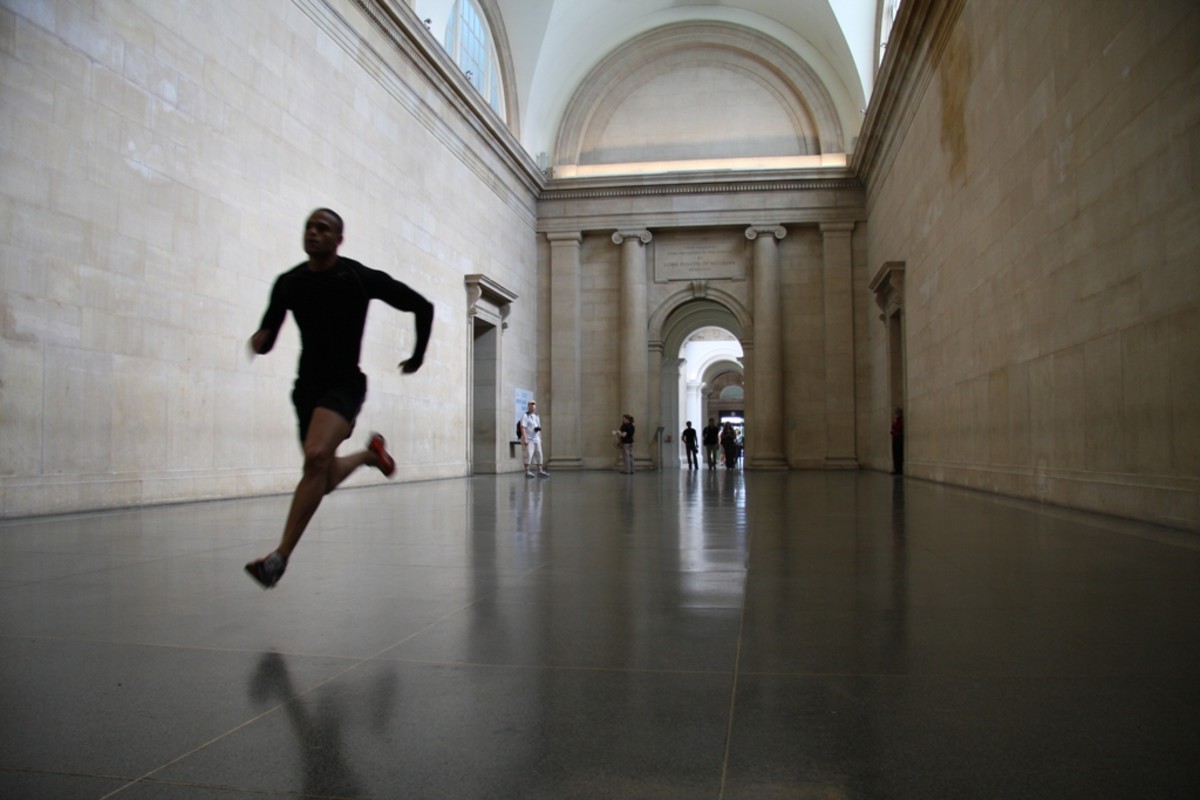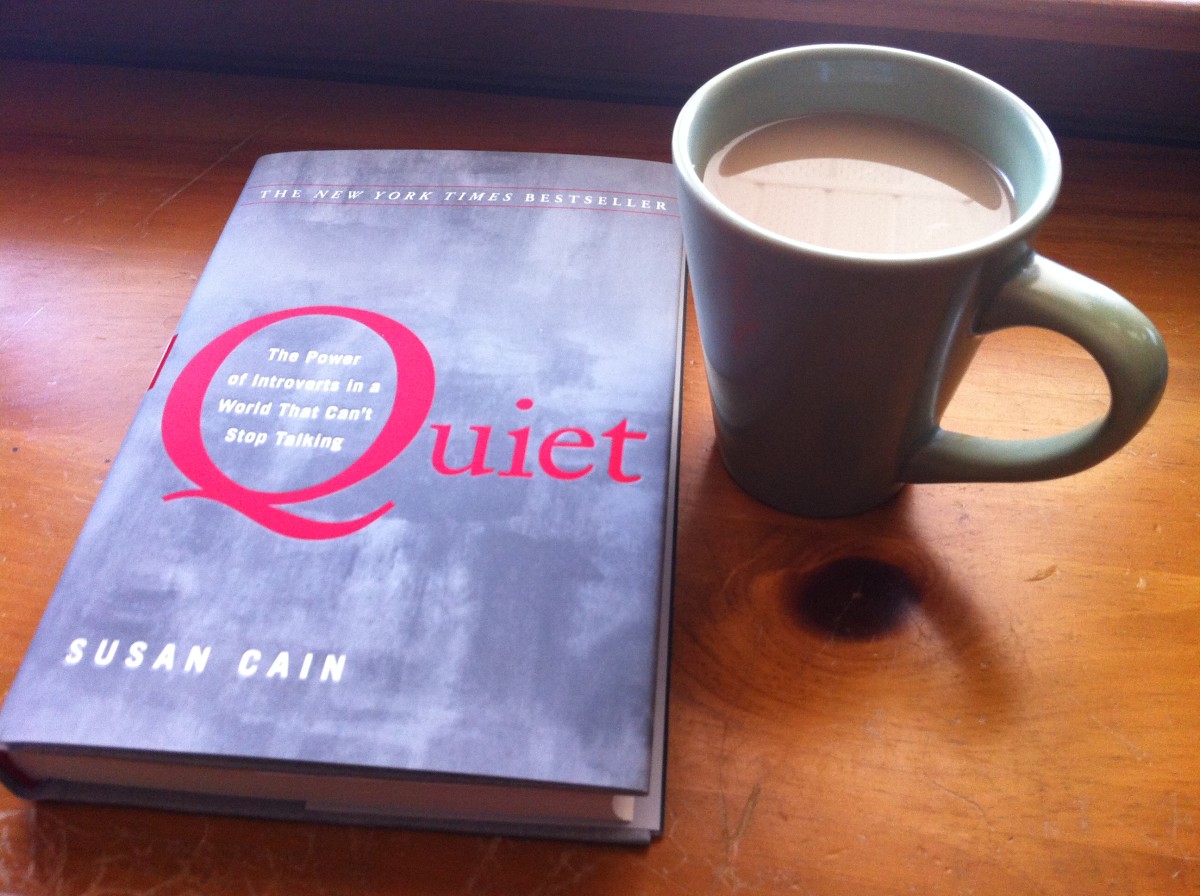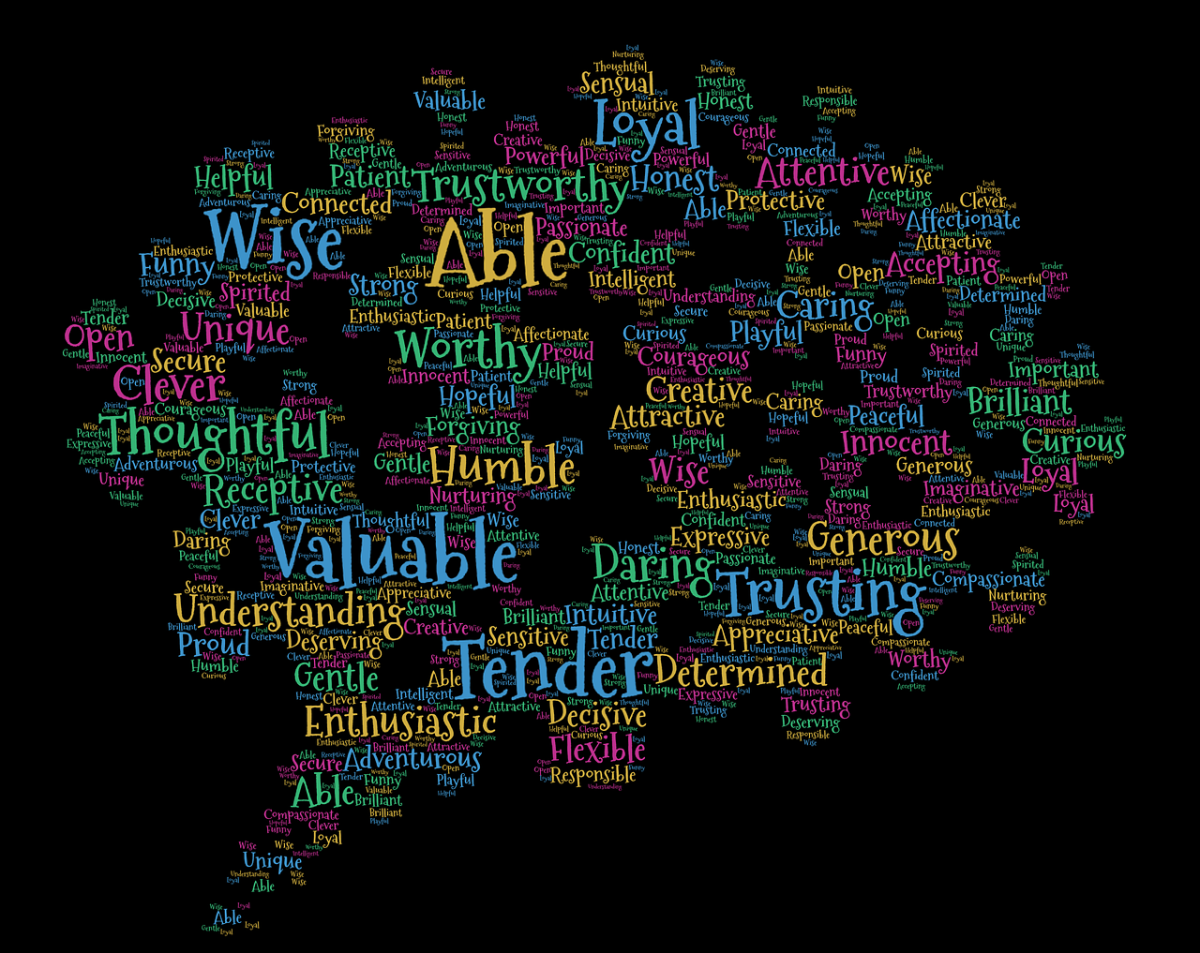- HubPages»
- Health»
- Personal Health Information & Self-Help»
- Mentally & Emotionally Balanced Living
How not to be Introverted
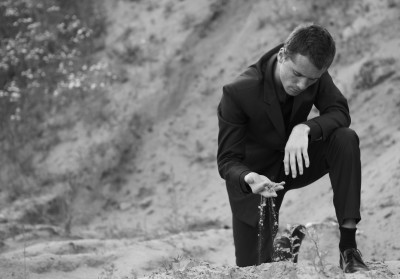
A man of genius can hardly be sociable, for what dialogues could indeed be so intelligent and entertaining as his own monologues?
~ Arthur Schopenhauer
What Does it Mean to be Introverted?
There is nothing intrinsically wrong with being an introvert - having a tendency to internalise rather than externalise. In fact there are certain advantages to possessing that sort of self-containment. Introverts tend to think more deeply about things and, acutely aware of their own internal *humanness*, are often very sensitive to other people's needs and feelings. They are also capable of exceptional intensity, achieving great things, able to spend many hours alone absorbed in their passions. If you are content in your introversion, there's no reason to change.
However, there are times when being introverted can be a barrier to opportunity. As an introvert myself, I've felt this keenly at times over the course of my life - situations where if I'd been just a little more out-there and a little less shell-like, I may have gained something. Introverts are not anti-social in the pathological sense and there's usually a reservoir of extraversion in every introvert. Wouldn't it be good if we could turn on extraversion like a tap - useful when we need it but able to revert back to our introverted comfort zone when we're done?
Some Famous Introverts
- Albert Einstein
- Vincent Van Gogh
- Bill Gates
- Greta Garbo
- Arthur Schopenhauer
- Charlie Chaplin
- Peter Sellers
- Alfred Hitchcock
- Ludwig Von Beethoven
- Clint Eastwood
Well, to a certain extent, I believe you can. There are strategies introverts can employ to bring themselves out of their inner worlds and with practice, it will begin to come more naturally.
Carl Yung, inventor of the terms "introversion" and "extraversion" [with an 'a'] posited that no-one is pure introvert or extravert and that we all posses both characteristics; it's just that in individuals, one trait tends to be more dominant than the other.
Do Extraverts have More fun?
There may be varied reasons why we should lean toward one or the other, including genetics and environmental experiences. Do extraverts have more fun? Perhaps not, depending on how you define *fun* but it does seem they are often in a position to gain more external life experiences.
There are many famous people, often in professions that would seem to require a fair amount of extraversion - actors, entertainers, singers, comedians etc, who claim to be solitary introverts beneath the illusion of their careers. They must, at some point have learnt to tap into that extraverted reservoir in order to confront the world head on in the way that they have. Extraversion requires dealing with people, putting yourself on the line socially and sharing your time, thoughts and personality with others.
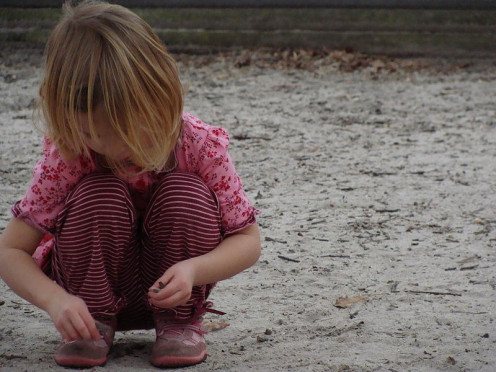
I'm not shy, I'm introverted!
I should note that some introverts balk indignantly at being lumped in with *shy* people, yet, while they do mean different things, in my experience there is often a strong connection between the two - introverts do tend to be shy. It's as though introversion has become okay but shyness hasn't
An Introvert's Tale
When I was very young I was excruciatingly shy in certain situations. With my family and people I knew well, I was fine, quite the precocious show-off in fact but new people were another story. My mother tells me that if unfamiliar visitors came to the house, I would shut my eyes tightly, imagining that if I couldn't see them, they couldn't see me. It was my way of coping with discomfort. It seemed that from the beginning, introversion was my default position.
I can remember one incident of shyness in particular, at the age of five. My family and I were on our usual annual family holiday, staying in a caravan park at the beach. My father, a salesman, ran into an important business contact staying at the same park, with a young son the same age as me, in need of a playmate. Naturally enough my father suggested me and when they turned up outside the caravan I was horrified and refused point blank - he was a stranger and worse still, a boy - an alien species to me at that time.
No matter how much they coaxed and cajoled, nothing would get me out of that caravan and the whole time I was uncomfortably conscious of the little boy waiting forlornly outside. Eventually they gave up. I remember this incidence because of how bad I felt, knowing my parents were so embarrassed and disappointed in me. I was also aware I'd missed out on something that might have been fun for me. It was, in an immature kind of way, my first experience of self-loathing. I knew from that moment that I was *extra-sensitive* and that it was going to be a problem, though of course, at five, I didn't intellectualise it in those adult terms. It was more a feeling that I didn't measure up in some important way.
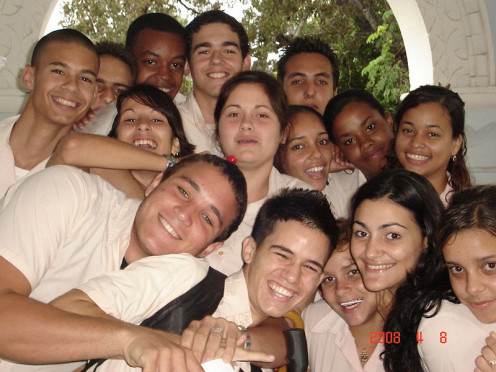
Strategies for Shy Introverts
- Shy? Bluff it..you can do it and the more you do, the easier it will become
- Try making the first move when confronted with new people
- Take a conscious interest in other people. Not just the one's whom you think might be advantageous to know but a wide range of people
- If you get rejected, don't dwell on it and try not to take the blame..maybe it's the other person
- Be brave - do one scarily extraverted thing a day. It will feel good, I promise
Faking it is Half the Battle
By the time I arrived at school I could clearly see that extraverts had a better time of it; they had more friends and exciting things happened to them. I consciously determined to suppress my shyness and became one of them. Fortunately I had the perfect role model in my friendly and popular older sister who was a natural-born extravert. I observed her method of operation - how she wouldn't hesitate to approach other kids, sometimes with something as simple as, "Hi, I'm Jenny!" To me it seemed hugely brave but I was determined to emulate her because I could see that her friendly approaches and the interest she showed in others, paid off.
Although it didn't come naturally at first, I realised I could 'fake' it and it worked as well as the real thing - with practice, extraversion had become a habit. I often made the first approach to people and began conversations, not just with those i perceived as well-liked but the shy one's too, who as it happened, had a lot to offer. I consciously took an interest in other people and was rewarded for it, discovering a whole world of people I would never had got to know if I'd remained in my shy, interior world
People actually remarked on my outgoing *extraverted' personality and I became that thing I most coveted - popular. I was near the top of the tree - not in the ultra-cool group [in truth I didn't want to be there, too stressful] but up there enough to be elected class captain three times and student representative to the school council. I had managed to suppress my natural inward-looking shyness and trained myself to become the gregarious, open person I really wanted to be. It felt good.
I like friends as I like music, when I am in the mood. To help a friend in need is easy, but to give him your time is not always opportune.
~Charlie Chaplin
In the Mood
However, nature will out itself and whenever things went badly for me and I suffered strain and anxiety, I would revert to my default introversion and withdraw. In my final year of High school when I lost my best friend and several things seemed to fall apart at once, I pretty much withdrew into myself for an entire year and at a time, on the cusp of adulthood, when it was probably most important to extend myself outwards .
It was, I suppose, an adolescent crisis of some sort but instead of talking to someone or reaching out for help, I just crawled into a personal shell - the comfort zone for the introvert. Eventually I recovered my equilibrium but still today I fluctuate between in and out of that shell and sometimes I just have to be alone. Now that I'm older, popularity has become less important to me and I feel no great need to try to be everyone's friend. However, I still enjoy sociable fun and other people's company; 'playing the extravert' on occasions and those early strategies I employed have held me in good stead.
I firmly believe it's no bad thing to be able to enjoy your own company and have a rich interior life. Many extraverts can't tolerate being alone and are forever seeking out others to fill the void left by the absence of someone to fire off. We introverts, we can stand ourselves. In the final analysis, it's nice to know that.



